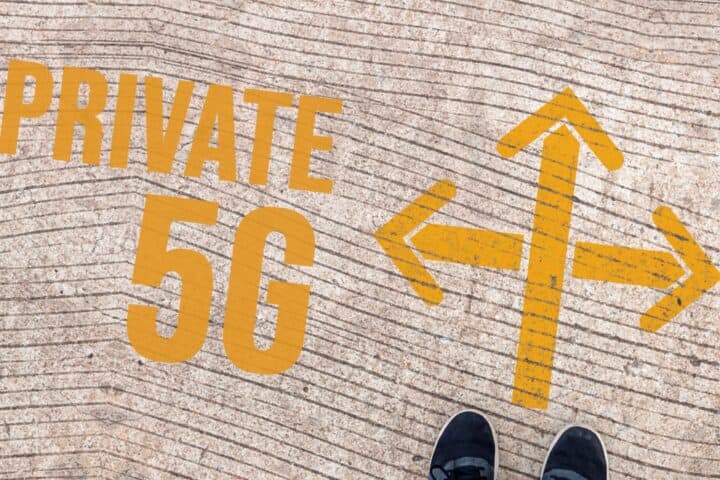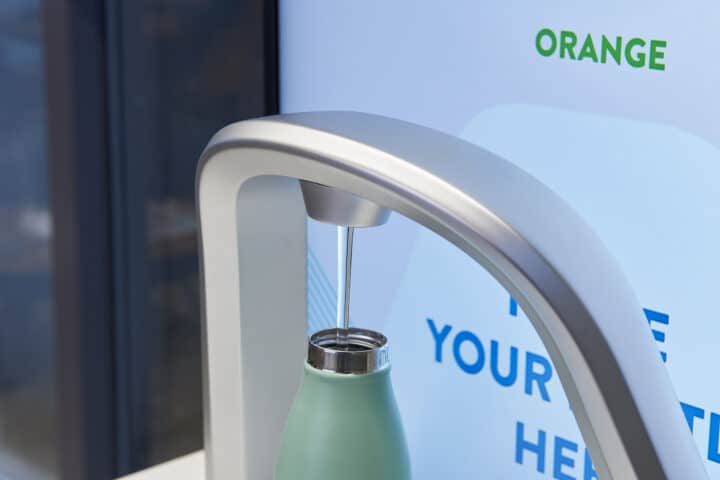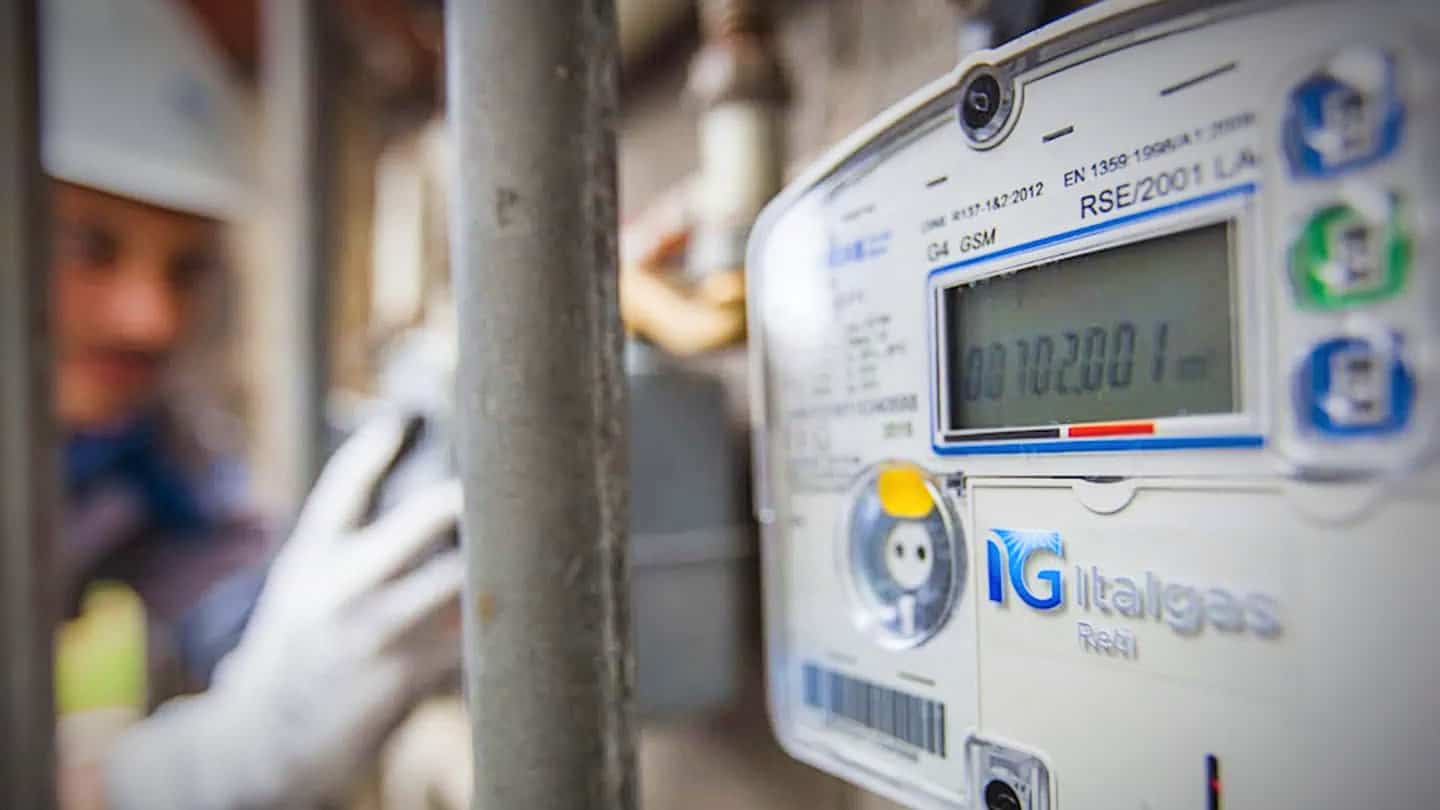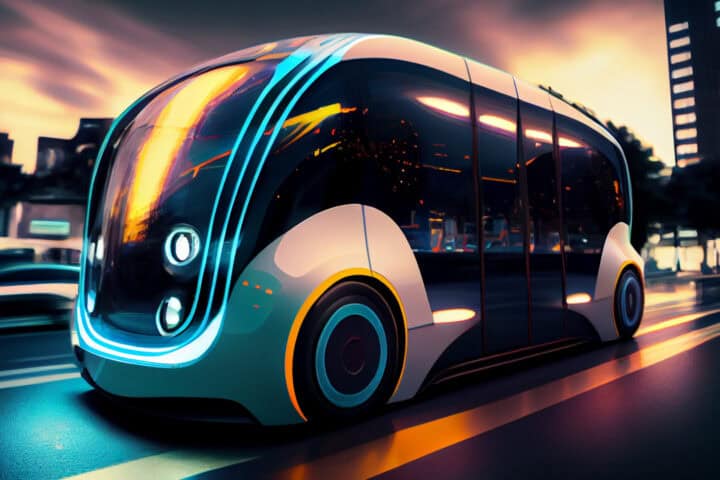In the realm of healthcare innovation, the emergence of digital twins and the Internet of Things (IoT) heralds a new era of personalized medical care. Digital twins, virtual replicas of organs or entire bodies, are reshaping the landscape of healthcare by enabling in-depth analysis and simulation of health conditions. This revolution extends to cardiology, where patient-specific heart models are shaping the design of medical devices and treatment plans. Similarly, in oncology, modern tumor replicas are revolutionizing cancer treatment by predicting reactions to drug therapies. These advancements underscore the significance of personalized healthcare, which tailors treatment plans to individual genetic makeup and lifestyle factors.
Integral to this paradigm shift is the integration of IoT, which facilitates real-time health monitoring and data analysis. From obstetrics to hospital management, digital twins powered by IoT promise to enhance patient care and operational efficiency. However, challenges such as data management and regulatory compliance must be addressed to realize the full potential of these innovations. Despite these hurdles, the fusion of technology and healthcare holds immense promise for a future where medical treatments are as unique as the individuals they serve.
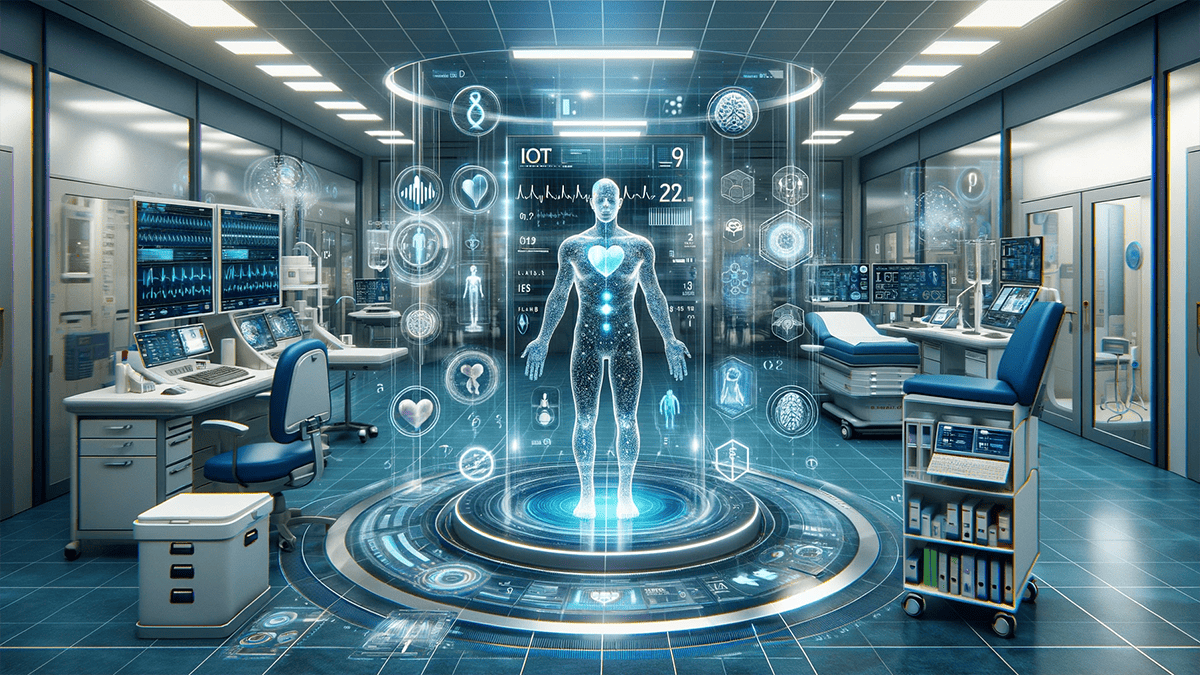
Imagine a time when the development of digital twins and the Internet of Things (IoT) has made personalized healthcare not just an idea but an actual reality.
By offering virtual replicas of organs or even whole bodies, online twins computerative models of physical objects or processes are revolutionizing healthcare. These models, which have been updated with real-world data, enable in-depth analysis and simulation of health conditions without subjecting patients to unwarranted risks.
Changing the cardiology with digital twins
We are now seeing how digital twins are changing cardiology. Companies are developing patient-specific heart models for the design of medical devices and drug tests. This signals the start of a larger movement in favor of personalized treatment plans, which will lessen health complications and improve treatment efficacy.
Possible for treating cancer
Digital twins are expected to revolutionize how cancer treatment is approached in oncology. The development of modern tumor replicas that combine genetic, molecular, and imaging data is being made possible by partnerships between AI experts and cancer researchers. The prediction of specific reactions to drug treatments will be made possible by this method.
Personalisation
The ability of modern twins to tailor care is at the heart of their success in healthcare. These models provide a specialized approach to healthcare that was formerly unbelievable by taking into account each patient’s distinct genetic makeup, lifestyle, and environmental factors.
IoT-enabled healthcare
A key component of this healthcare revolution is the Internet of Things (IoT). Real-time health information is gathered by portable devices and biosensors, which are then fed into the modern twin for ongoing monitoring and analysis. A more powerful, reactive approach to health management is made possible by the integration of IoT with digital twins.
In obstetrics, online twins are also making progress. To comprehend and foresee complications during pregnancy and childbirth, models of the placenta, cervix, and uterus are being developed. Antenatal care and maternal health may advance significantly as a result of this.
Digital twins are being used to improve hospital management in addition to personal patient care. These systems can identify efficiencies and enhance patient care by modeling patient flow and hospital processes, solidifying their position in healthcare.
The difficulties
Digital twins in medical face difficulties despite the bright future. It is crucial to address social issues, manage enormous amounts of data firmly, and ensure the fidelity of these models. Additionally, there are still considerable obstacles to integrating these systems into current healthcare practices and ensuring regulation compliance.
Digital twins, powered by IoT, promise a future in which medicine is not simply more efficient but also highly personalized as we stand on the cusp of an upheaval in the healthcare industry. Treatments provided by this fusion of technology and healthcare are just as distinctive as the people they are intended to assist.
Although this modern future is complicated and full of difficulties, it has the potential to benefit humanity greatly, making it a worthwhile endeavor.

